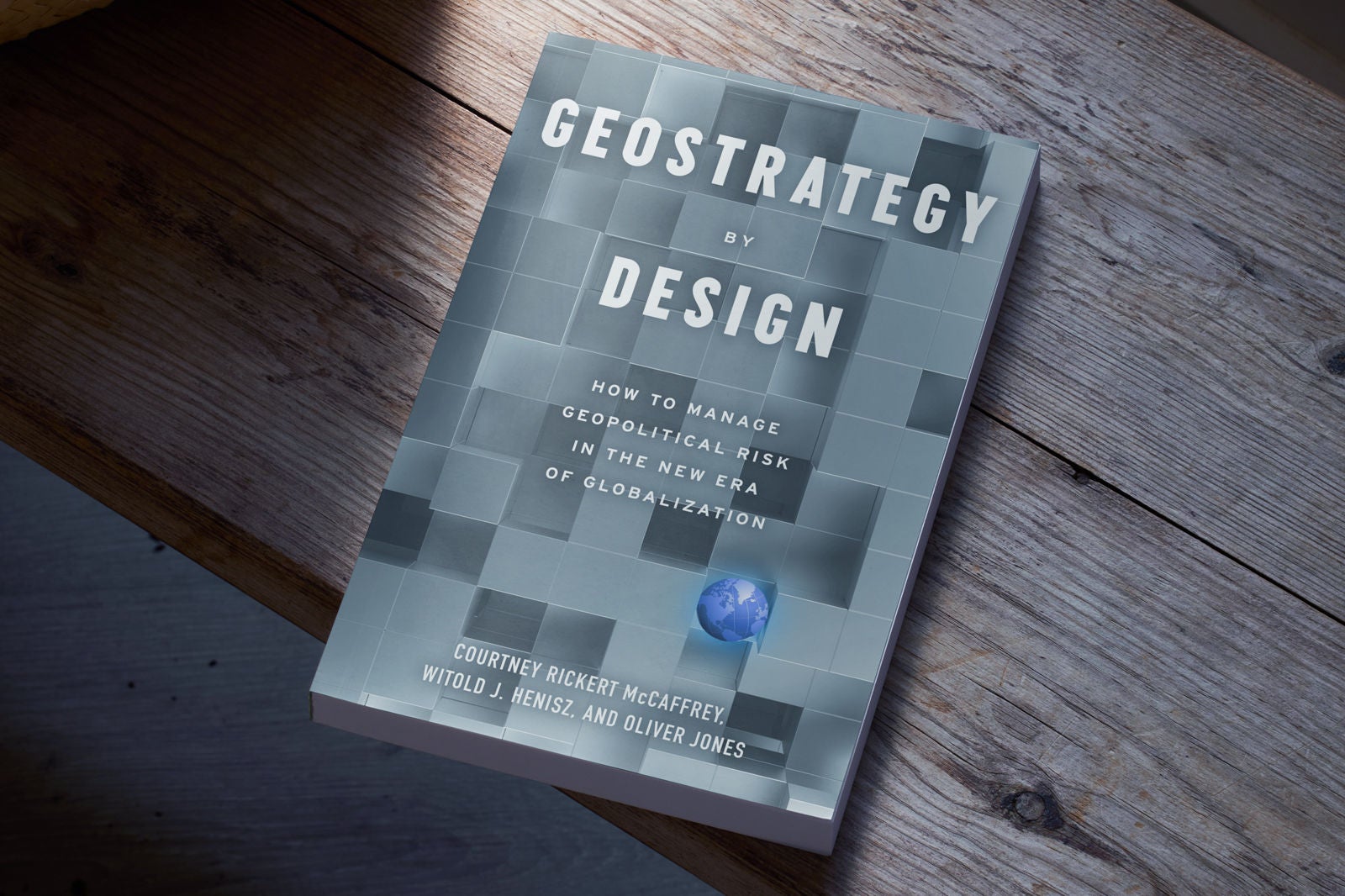Smaller countries and non-state actors will also seize on opportunities to redraw boundaries or otherwise shape their corner of the geopolitical multiverse. The war in Ukraine and geopolitical conflicts that have flared up in several other parts of the world may only be the beginning.
De-risking global supply chains
The second defining feature of geostrategy in 2024 will be de-risking. The COVID-19 pandemic and the war in Ukraine highlighted countries’ global dependencies and the challenges in achieving resilience with just-in-time and globalized supply chains – especially when production was concentrated in a small number of markets.
Governments have responded by reengaging in or expanding their reliance on industrial policy. They are seeking to promote greater domestic production of critical products. In certain markets, geopolitical competition has already been embedded with these industrial policies. We will see more of this explicit connection between economic policy and foreign or national security policies in the year ahead.
Countries race to innovate on and regulate AI
Building on its momentum in 2023, the geopolitics of AI will become more important in 2024. Governments will race to regulate AI to reduce the potential of sociopolitical risks. But policymakers will simultaneously try to foster domestic AI innovation to compete geopolitically. As a result, AI will be a central dynamic in US-China relations. In 2024, the dual races to innovate and regulate AI will accelerate the shift toward distinct geopolitical blocs.
Oceans take geostrategic prominence
But 2024 will also be different in several important ways. The geopolitics of the oceans will feature more prominently in the global zeitgeist. The oceans are home to 94% of all life on our planet, and they are an increasingly important economic and national security resource. A staggering 90% of global goods trade is shipped via maritime routes, but many of the world’s busiest maritime transit corridors are at risk of geopolitical disruption. And deep-sea mining is forecast to account for at least one-third of the supply of critical minerals necessary for the energy transition. Companies will need to take ocean geopolitics into account when setting their supply chain and sustainability strategies.
Elections everywhere all at once
And 2024 will be a year of elections – we call it the global elections supercycle. Voters will go to the polls in markets accounting for about 54% of the global population and nearly 60% of global GDP. This will generate regulatory and policy uncertainty in the short and medium term. We may look back on some – especially the US and EU – as the most consequential elections in decades, amid competing visions for international relationships and economic policy that will fundamentally impact the global business environment.
The 2024 Geostrategic Outlook
Current events muddy the geopolitical outlook and raise the risk of more significant conflict escalation in the year ahead. But what is crystal clear is geopolitics has become a multiverse: a complex mix of alliances and rivalries, with overlapping bilateral, regional and other types of institutional groupings. These dynamics, coupled with more countries heading to the polls in 2024 than in any year in recent history, elevate the likelihood of geopolitical surprises in 2024 – on both the downside and the upside.
The geopolitics surrounding AI and the oceans are just two of the top 10 geopolitical developments in the 2024 Geostrategic Outlook. The Geostrategic Business Group selected these developments because they are most likely to have significant impacts on organizations across sectors and geographies in 2024. As executives seek to anticipate and plan for geopolitical disruptions, two key themes will be important to keep in mind in 2024. The first theme is multipolarity, as geopolitical power becomes more dispersed amid heightened competition between blocs or alliance networks. The second is de-risking, with countries’ policy stances seeking to reduce global dependencies, prioritizing national security (broadly defined) over purely economic considerations.






